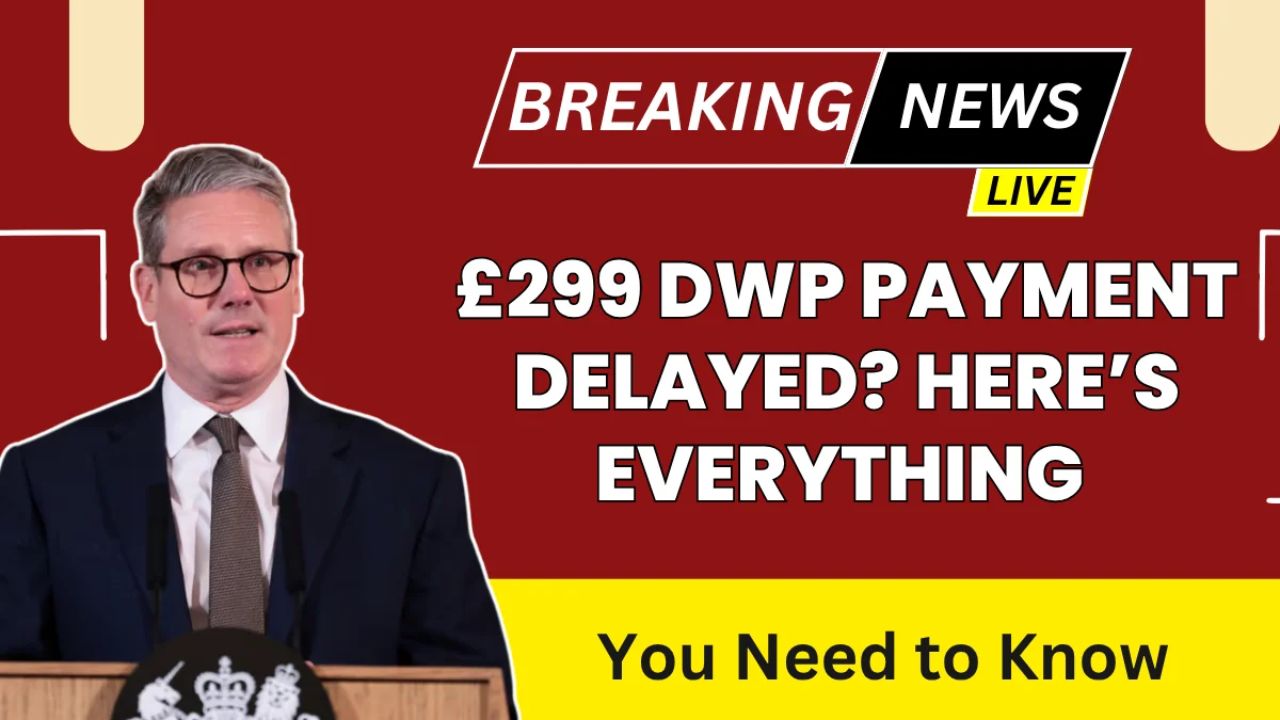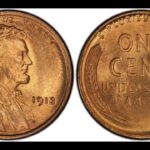If you’re one of the many people waiting for the £299 DWP Payment from the UK government and haven’t seen it hit your account yet, don’t worry—you’re not alone. Delays have affected millions due to various technical and administrative challenges. This guide breaks down everything you need to know about this payment, who qualifies, why some people face delays, and what to do if you still haven’t received it. We’ll also cover the changes coming in 2025 and share helpful tips to avoid future issues.
What Is the £299 DWP Payment?
The £299 DWP Payment is part of the UK government’s Cost of Living support scheme launched in 2022 to help ease the financial strain caused by inflation. Specifically targeted at households relying on benefits like Universal Credit, Pension Credit, and others, this payment was distributed in early 2024 to assist with rising living costs—covering essentials like gas, electricity, rent, and groceries.
This payment was the third and final installment of the Cost of Living Payments and was rolled out in February 2024. While the government aimed to get the money to recipients as quickly as possible, large-scale payments often come with some delays.
Who Was Eligible for the £299 DWP Payment?
To qualify, you needed to be receiving at least one of the following benefits for even one day between November 13, 2023, and December 12, 2023:
- Universal Credit
- Income Support
- Income-based Jobseeker’s Allowance (JSA)
- Income-related Employment and Support Allowance (ESA)
- Pension Credit
- Child Tax Credit
- Working Tax Credit
Even if your Universal Credit payment was listed as “nil award” (zero payment) during that time, you might still qualify if the zero was due to deductions for loans, rent, or council tax.
When Was the £299 DWP Payment Paid?
Most payments were made between February 6 and February 22, 2024. Tax Credit recipients generally received their payments between February 16 and 22, 2024. However, some people have experienced delays caused by technical glitches and data issues.
Why Are Some Payments Delayed?
Several common reasons explain why the £299 DWP Payment might not have reached your account yet:
- Processing Delays: The DWP handles millions of claims annually, and verifying eligibility can take time.
- Outdated or Incorrect Bank Details: If you changed banks and didn’t update your information with the DWP, payments might be delayed or sent to the wrong account.
- System Glitches: Large government systems sometimes face technical interruptions.
- Eligibility Doubts: If the DWP flags suspicious changes in your benefit status or payments, they may pause your payment for review.
- Address or Contact Changes: If you’ve moved or changed your phone number without updating your records, the DWP may have trouble contacting you, causing delays.
Real-Life Impact: The Johnson Family from Leeds
Mrs. Johnson from Leeds shared, “Receiving the £299 DWP Payment really helped with our gas bill and groceries. Everything’s so expensive now, so this support was a relief.” According to the Office for National Statistics, around 40% of low-income families struggled to pay their energy bills during winter, making this payment a vital lifeline.
How to Check if You’ve Received the £299 DWP Payment
- Check Your Bank Statement: Look for transaction notes like “DWP COL” or “HMRC COLS” (for Tax Credit recipients).
- Log into Your Universal Credit Account: Review your online journal for payment messages or notes.
- Update Bank Details if Needed: If you recently switched banks, make sure your new account information is up to date on your DWP profile.
What to Do If You Haven’t Received Your Payment
If you believe you’re eligible but haven’t received the £299 DWP Payment:
- Visit the official GOV.UK website and fill out the Missing Cost of Living Payment form.
- Keep your personal details handy: full name, date of birth, National Insurance number, and address.
- Expect a response within about two weeks.
- If you can’t complete the online form, call the DWP helpline or leave a note on your Universal Credit journal.
Beware of Scams
The DWP will never ask for your bank details via phone, email, or text. If anyone requests this information, it’s a scam. Always report suspicious contact to Action Fraud immediately.
What Happens in 2025?
Cost of Living Payments, including the £299 DWP Payment, have been discontinued for 2025. Instead, the government introduced the Household Support Fund (HSF), which is administered locally through councils. Support can include:
- Vouchers for electricity and gas bills
- Food or supermarket vouchers
- Assistance with rent and other essentials
Support varies by area, so check your local council’s website or community centers for specific details.
Helpful Tips to Stay Prepared
- Regularly check all your benefit accounts, including Universal Credit and Tax Credits.
- Keep official letters and communications organized.
- Create and follow a budget using resources like the Money Advice Service.
- Use free online benefit checkers to see if you qualify for additional support.
- Reach out to local charities if you need help with food, bills, or essentials.
Conclusion
The £299 DWP Payment was a much-needed boost for many households struggling with inflation and rising costs. If your payment hasn’t arrived yet, don’t panic. By keeping your details updated and following the right steps, you can ensure you receive the support you’re entitled to.
If you found this article helpful, please share it to help others navigating the same challenges.
FAQs
1. What is the £299 DWP Payment?
It’s the final Cost of Living support payment from the UK government to help low-income households with rising expenses.
2. Who qualifies for the £299 DWP Payment?
People receiving qualifying benefits like Universal Credit, Pension Credit, Income-based JSA, ESA, or certain tax credits during the eligibility period.
3. Why is my £299 payment delayed?
Common reasons include incorrect bank details, changes in benefit status, or processing backlogs.
4. When was the payment supposed to be made?
Payments were expected between February 6 and February 22, 2024, with some variation depending on benefit type.
5. What should I do if I haven’t received it?
Wait until February 29, 2024, then report a missing payment via the official DWP or HMRC website.
Some Important Link
| Telegram Group | Click Here |
| WhatsApp Group | Click Here |
| Home Page | Click Here |










